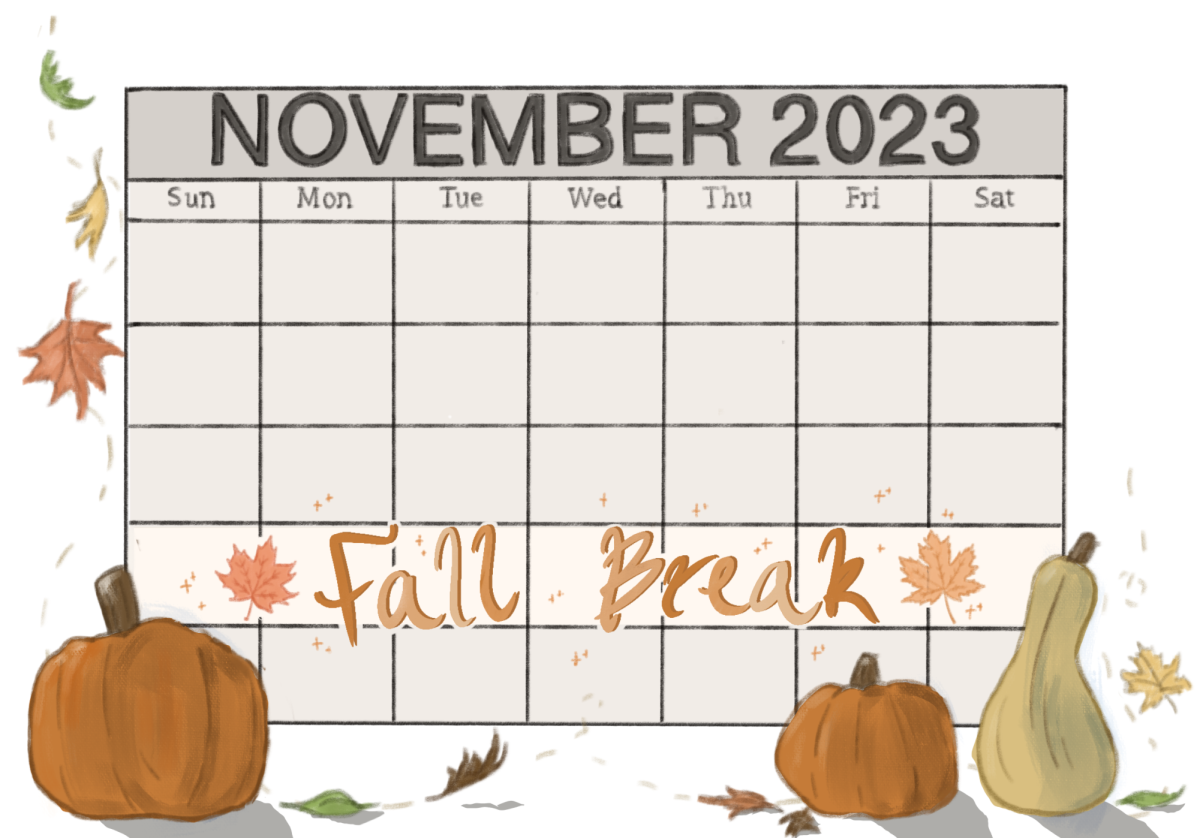In history classes, Thanksgiving is often taught as a cheerful celebration between the Pilgrims and Native Americans. Yet, these lessons often do not reveal the full story of Thanksgiving and what it means for Indigenous history.
Currently, the University references Thanksgiving on its website and on its X page to acknowledge the school holiday. However, to better respect Native American and Indigenous identities, UT should refrain from using Thanksgiving-related terminology in official University communications.
“When I grew up, especially in kindergarten, we would have these times where we would be role-playing Pilgrims and Indians, with very stereotypical fake plains native memorabilia, to sort of showcase this idea of this feast that happens in the fall,” said Joseph Gaskill, an Anishinaabe anthropology graduate student. “The first Pilgrims (were supposedly) about something of living with community and generosity and being thankful, but it’s something that never really happened.”
The word “Thanksgiving” was first used by the Massachusetts Bay Colony in 1637 to celebrate the brutal massacre of hundreds of Pequots. This time period of European colonization also inflicted diseases, violence, enslavement and war upon Indigenous populations.
Due to its origins, Thanksgiving is not a universally accepted holiday. Publicly recognizing it as such could be seen as reinforcing concerns about colonialism and violence.
“The reason why it’s offensive is because not only did it not happen, but it also creates this sort of idea of an excuse and a way to fall into subtler forms of apology and overriding actual history,” Gaskill said.
UT already avoids any mention of Columbus Day in its publicity likely due to the problematic history involved. This practice also carries over to Winter Break. For example, the holiday section of UT’s website contains no mention of Christmas, Hanukkah, Kwanzaa, Yule or any other holidays celebrated during this time.
The University should apply a similar approach toward Thanksgiving. UT could change the academic calendar and social media posts so that Thanksgiving Break is simply relabeled to Fall Break. Through this simple switch, UT could better support an inclusive environment for students and faculty with different identities and backgrounds.
In the Senate of College Councils, members consistently read the land acknowledgment for the American Indian and Indigenous Peoples and communities that inhabited modern-day Texas.
“We have land acknowledgments to begin our internal general assemblies which I read as Community Advocacy Coordinator,” said Nickoll Garcia, a youth and community studies junior and Senate Community Advocacy Coordinator. “We also read them aloud for external general assemblies which are read by our equity and inclusion director.”
While many of UT’s departments have an official land acknowledgment, the University simultaneously acknowledging Thanksgiving as a holiday is contradictory.
“Just acknowledging the land that you are on is not enough when the University holds the remains of native people,” Garcia said. “Students don’t think about indigeneity, and they’re not thinking about the violence that occurred on the land that we go to school on now.”
The University declined to comment on this matter.
Thanksgiving can easily offend Native American and Indigenous individuals because of its controversial history. To further strengthen the inclusion and representation of these communities on campus, UT should abstain from public mentions of Thanksgiving.
Pham is a government, history and French freshman from Garland, Texas.













